Frame
The Political Economy and Governance cluster is interested in the political impact of socioeconomic change, issues of state capacity and performance, and local government structures and localized politics. The cluster’s research activities are guided by a variety of themes, prominent of which are extant relationships of accountability between states, citizens, and political intermediaries; institutional and structural determinants of socio-economic inequality; the form, type, and nature of bureaucratic state capacity; regional and sub-national variation in development and its relationship with political economy.
The cluster’s concurrent focus on governance both in its formal (bureaucratic) and informal (social and cultural) variants also lends itself to an overarching prescriptive concern with issues of policy. Researchers associated with the cluster remain engaged with issues of institutional interventions for improved welfare; the design of local governments, and upgradation of state human resource capacity through civil services reform.
Context
The recent COVID-19 crisis has highlighted the importance of governance by diverting the attention of the world to fundamental issues of governance, particularly based on the response of various governments in managing the pandemic at home. The ongoing debate about whether democracies or authoritarian states dealt with the health crisis better remains central to this. With South Asia constituting a large percentage of the world’s population, its different forms of governance happen to also carry a question mark.
Pakistan, which has seen periodic swings between civilian and military rule since its founding in 1947, is currently dealing with the COVID-19 crisis under a civilian government. It has employed its decentralized governance structure to handle the pandemic with certain interventions from the federal government. Therefore, responsibility for dealing with the crisis primarily lies with the provincial governments. However, it still remains too early to determine its role in dealing with the health crisis.
Research Problems
- Key questions being explored by the cluster include:
- What forms of governance exist? Since formal institutions of power co-exist and overlap, how can we adequately describe and categorize them?
- Are states and politicians accountable to their citizens? What affects this accountability?
- How do bureaucrats and politicians influence governance?
- What political factors affect patterns of resource distribution (i.e., the distribution of development funds), and what are the long-term implications of these distributive patterns for development?
- What explains subnational variations in state performance and capacity?
- What are the limitations of existing political vehicles, parties, and organizations that have set up aforementioned localized operations?
Related Fellows

Professor Katharine Adeney is a Professor of Comparative Politics at the University of Nottingham. Katharine’s research focuses on federalism, ethnic diversity, elections, and democracy in South Asia, particularly India and Pakistan as well as the China Pakistan Economic Corridor. Her publications on Pakistan have been published by the Carnegie Endowment, Democratization, Publius, Asian Survey, Electoral Studies, and Ethnopolitics. She is also the author of Federalism and Ethnic Conflict Regulation in India and Pakistan (Palgrave 2007). Katharine received her Ph.D. from the London School of Economics, was a Junior Research Fellow at Balliol College Oxford, and an Associate Professor at the University of Sheffield before moving to the University of Nottingham.

Miguel Loureiro is a Research Fellow at the Institute of Development Studies (IDS), the University of Sussex focusing on the analysis and improvement of state-citizen relations. He investigates the state-citizen interface both from a citizens’ perspective, examining accountability and empowerment relations, and a state’s perspective, identifying opportunities for better state responsiveness.
He trains and advises government research units, schools of government, and bilateral agencies to improve the engagement between research and policymaking, training researchers on how to communicate effectively with policymakers and policymakers to make better use of research in policy processes.
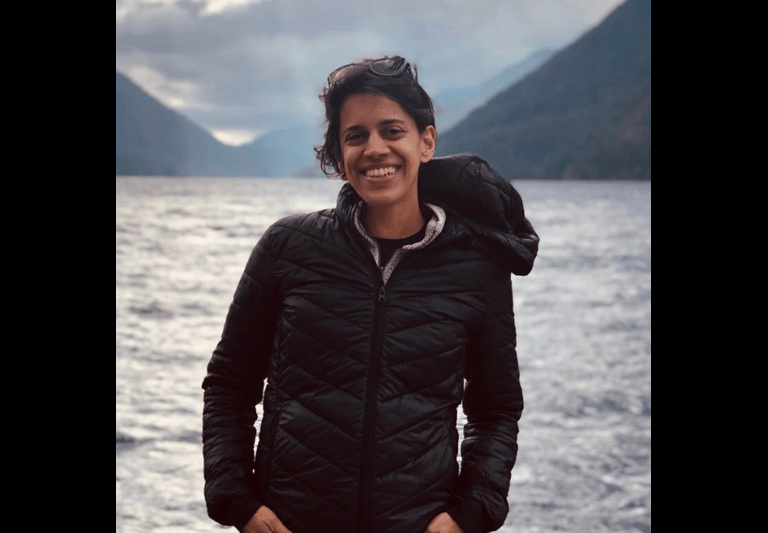
Erum Haider is an Assistant Professor in Political Science and Environmental Studies at the College of Wooster . Dr. Haider studies the privatization of public goods. Her doctoral research examines the ability of citizens to use political representatives to lobby for better provision. Dr. Haider’s research primarily takes place in Karachi, Pakistan.
Dr. Haider’s work has been funded by the International Growth Center, LSE, UK, the American Institute for Pakistan Studies, and the Georgetown Graduate School of Arts and Sciences.
Dr. Haider received her Ph.D. from Georgetown University, Department of Government. She is also the recipient of the USIP Jennings Randolph Peace Scholar pre-doctoral fellowship for 2019-20. Dr. Haider is currently a Research Fellow at the Mahbub ul Haq Research Center in Lahore, Pakistan.
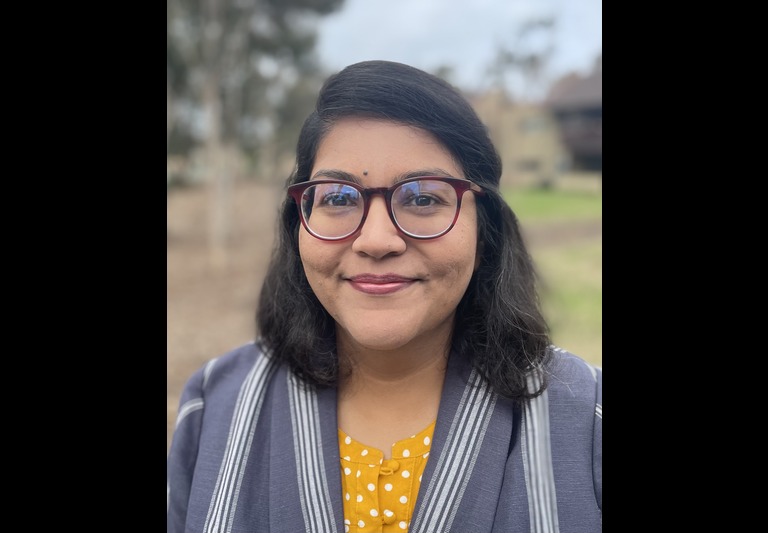
Syeda ShahBano Ijaz is a Ph.D. Candidate in the Political Science department at the University of California-San Diego. Her research is situated at the cusp of international development and comparative politics, and explores the strategic distributive politics of foreign aid delivery in developing countries. Ijaz argues that the presence of high last-mile hurdles in the form of bureaucratic costs and low physical mobility carve a significant role for local politicians in aid economies. Additionally, the salience of last-mile services for poor voters mobilizes them to increase demands on representatives, allowing a localized form of accountability to emerge around the last mile.
Ijaz’s current research focuses on Pakistan and she has accumulated two years of fieldwork experience in the country. Before joining UCSD, She completed an M.A. in Politics from New York University and an MS.c. in Economics for Development from the University of Oxford as a Commonwealth Scholar.
In 2017, she was a USIP Junior Peace Fellow at the Lahore University of Management Sciences. Previously, she has consulted with the World Bank, UNICEF, and the Adam Smith Institute.

Soledad Artiz Prillaman is an Assistant Professor of Political Science at Stanford University. Her research lies at the intersections of comparative political economy, development, and gender, with a focus on South Asia. Specifically, her research addresses questions such as what are the political consequences of development and development policies, particularly for women’s political behavior? How are minorities, specifically women, democratically represented and where do inequalities in political engagement persist and how are voter demands translated into policy and governance? In answering these questions, she utilizes mixed methods, including field experiments, surveys, and in-depth qualitative fieldwork. She received her Ph.D. in Government from Harvard University in 2017 and a B.A. in Political Science and Economics from Texas A&M University in 2011.
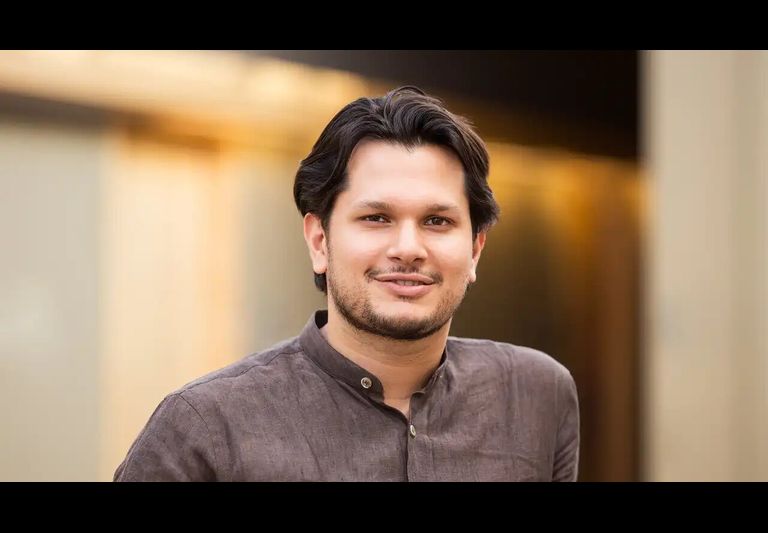
Rehan Rafay Jamil is a Ph.D. candidate in Political Science at Brown University. His research interests include the politics of poverty alleviation, social policy, political participation, and state-society linkages in South Asia. His dissertation examines the political origins and citizenship impacts of Pakistan’s largest cash transfer program targeted exclusively at low-income women: The Benazir Income Support Programme (BISP). Rehan was a fellow in the Graduate Program in Development at the Watson Institute at Brown University and the United States Institute for Peace. He has a Master’s degree in International Affairs from Columbia University and a Bachelor’s degree in Politics and History with High Honors from Oberlin College. Prior to starting his doctorate, Rehan worked with the World Bank’s Social Protection and Labor practice in Washington Dc, focusing on social safety nets in South Asia.

Hassan Javid is an Associate Professor of Sociology at the Mushtaq Gurmani School of Humanities and Social Sciences, LUMS.
Dr. Javid’s research broadly looks at questions related to class, state, and power, with a specific focus on how the institutional legacy of colonialism affects contemporary politics in Pakistan. At present, he is working on several different projects: a book manuscript that explores the mechanisms through which landed elites have been able to reinforce and reproduce their power in Pakistan from the colonial era to the present day; and a study of the history of public welfare provision in Pakistan that seeks to identify and explain the factors impeding efforts at reforming and expanding the provision of healthcare while also exploring how recent innovations in digital governance offer the potential for developing state capacity to implement specific forms of welfare provision such as cash transfers.
He completed his Ph.D. in Sociology at the London School of Economics and Political Science, where he also spent some time as an LSE Fellow in Political Sociology.
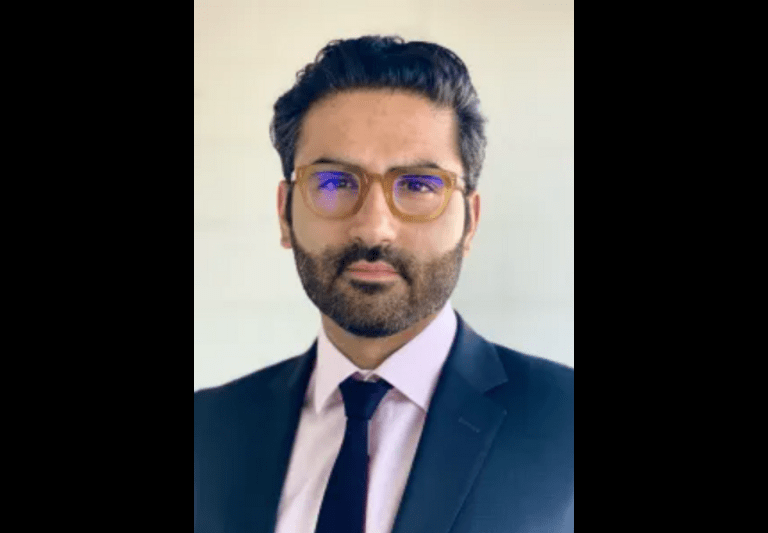
Saad Gulzar is an Assistant Professor of Political Science at Stanford University. His research asks under what conditions can representative government – one that provides equality of voice and influence – improve people’s lives? His work brings evidence from a number of South Asian contexts such as Pakistan, India, and Nepal, to show that those not considered traditionally elite are in fact equally, if not more, capable of competent governance.
Dr. Gulzar received his Ph.D. in Politics at New York University in 2017. Additionally, his work has received the Best Dissertation Award from American Political Science Association’s Experiments Section, as well as the Lawrence Longley Award for the best article published on Representation & Electoral Systems in 2020, and the Paul A. Sabatier Award for the best conference paper on Science, Technology, & Environmental Politics in 2020.
Dr. Gulzar works closely with politicians, political parties, bureaucrats, and government agencies in Pakistan, India, and Nepal, and strives to make these collaborations meaningful for research and policy. His work has been published in the American Political Science Review, American Journal of Political Science, the Journal of Politics, the Journal of Development Economics, and the Journal of the European Economic Association.
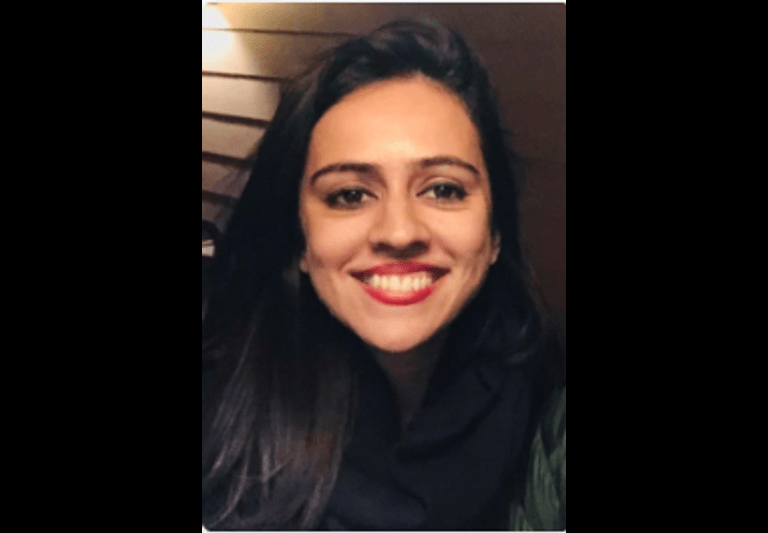
Maira Hayat is an Assistant Professor of Environment and Peace Studies at the University of Notre Dame. Her research develops a conversation between the anthropology of environment, bureaucracy, and law, and is animated by postcolonial critique. Hayat teaches classes on statecraft, environmental politics, and climate change, as well as on community-engaged research. During the academic year, 2022-23, she will be a Member of the Institute for Advanced Study, Princeton.
Hayat’s work has been supported by the Wenner-Gren Foundation, the National Science Foundation, and the American Institute of Pakistan Studies; the Pozen Center for Human Rights, the Committee on Southern Asian Studies, the Nicholson Center for British Studies, and the Leiffer and Orin William Fellowships at the University of Chicago; and the Haas Center for Public Service and Stanford Arts at Stanford University. Prior to joining Notre Dame, she was a Postdoctoral Fellow at the Department of Anthropology and the Woods Institute for the Environment at Stanford University.
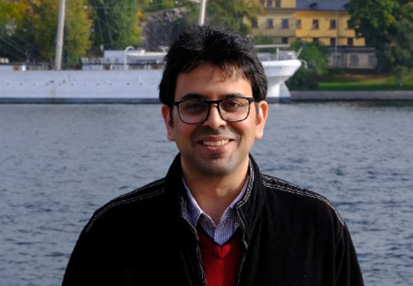
Amin Hussain did his undergraduate degree in Electronic Engineering from GIKI and worked in the Telecommunication sector as an Engineer for several years with Motorola and NSN. He then went on to pursue his MSc in Economics from LSE, and is currently a Teaching Fellow at LUMS.

Dr. Fahd Ali is an Assistant Professor at the Department of Economics and Dean of Faculty of Humanities & Social Sciences, ITU. His research interests lie in macroeconomics and economic history with political economy as a theme common to both.
Before joining the Information Technology University, he worked at Habib University as an Assistant Professor in their Social Development Policy programme. He was also one of the 14 founding faculty members of the university. His previous work experience includes working as a Research Assistant at Sustainable Development Policy Institute, Islamabad on programmes on renewable energy & clean fuels and sustainable livelihoods, and the environment.
Dr. Ali received his Ph.D. in Economics from The New School for Social Research, University of Utah. Additionally, he received the Frieda Wunderlich Memorial Award for Outstanding Dissertation by an International Student for his dissertation, Resource Mobilization through Taxation: The political economy of state and society in Pakistan. He was also one of thirteen recipients of the 2016 New School for Social Research Commencement Award.
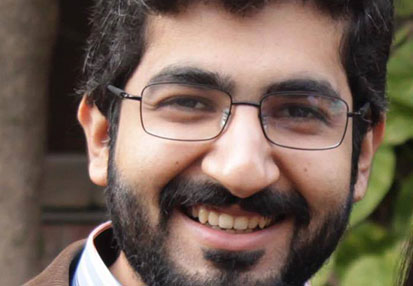
Dr. Umair Javed is Assistant Professor of Politics and Sociology at the Mushtaq Gurmani School of Humanities and Social Sciences (MGSHSS). He completed his PhD at the London School of Economics and Political Science (LSE) in 2018, where he was a recipient of the LSE Centennial PhD Studentship.
His doctoral research focused on politics and practices of accumulation, and labour relations in Pakistan”s informal economy, with a specific focus on the retail-wholesale (bazaar) sector. More broadly, his research interests span various aspects of political participation, socio-economic development, and urban public life in South Asia. His academic work has been published in Economic and Political Weekly, Current History, and Catalyst’: >- A Journal of Theory and Strategy. He has also contributed book chapters to volumes published by Routledge, Cambridge University Press, and the Australian National University Press. He is currently working on a cross-country study of contentious mobilisation around energy access in low-income settlements in Pakistan, Mozambique, and Nigeria, with researchers at the Institute of Development Studies (IDS), University of Sussex.

Dr. Rabia Malik’s research focuses on comparative politics in developing countries, with a particular interest in distributive politics and development, political accountability, and gender and political participation, especially in the context of Pakistan and other South Asian countries. Her research combines causal inference methods with extensive fieldwork to study these topics using both observational and experimental data. She has published in the Journal of Politics, the British Journal of Political Science, and Comparative Political Studies. Rabia received her Ph.D. from the University of Rochester and was then a postdoctoral associate at New York University Abu Dhabi.
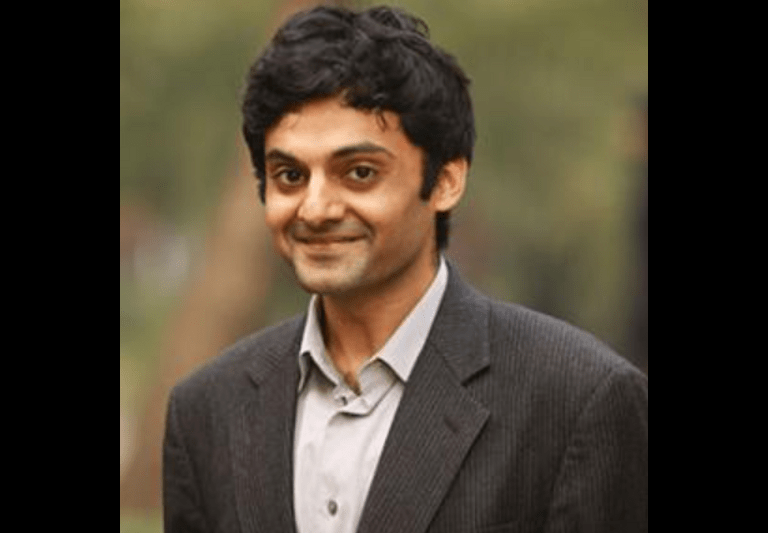
Uzair Jamil Kayani is an Assistant Professor at the Shaikh Ahmad Hassan School of Law, LUMS.
Dr.Kyani studied social choice and game theory with Professors Elizabeth M. Penn and John W. Patty at Washington University in St. Louis. He studied law and economics with Professor Richard Epstein, Judge Richard Posner, Professor William Landes, and Professor Douglas Baird at the University of Chicago. Earlier, Dr. Kyani had studied political philosophy, literature, and the Classics at Middlebury College (Vermont) and Deep Springs College (California).
Dr. Kyani teaches Torts, Commercial Law, and Law & Economics. Tort liability distributes the costs of social and economic harms to those parties that can best prevent, bear, or insure against them. Commercial law sets default rules for market exchange (sales, negotiable instruments, and securities), and market participants (partnerships, corporations, and hybrid forms). Economic analysis of law applies microeconomic insights (primarily price theory, game theory, and social choice) to study the incentives created by law and other forms of regulation.

Dr. Javed Younas is a Professor of Economics at the American University of Sharjah. He is also affiliated with the Centre for Economic Research in Pakistan in Lahore. In his previous academic/research positions, he has been a Visiting Scholar at Syracuse University’s Maxwell School of Citizenship & Public Affairs, Aman Research Fellow at Harvard University, Visiting Scholar at the Federal Reserve Bank of St. Louis, and faculty member at Central Michigan University.
His research focus lies in the areas of the political economy of conflicts and foreign assistance, international trade, energy economics, behavioral and experimental economics. He has published a number of papers in well-known refereed journals. His policy work has appeared and featured in national and international outlets. He has also secured several research grants. His professional information can be viewed at https://sites.google.com/site/javedyounas
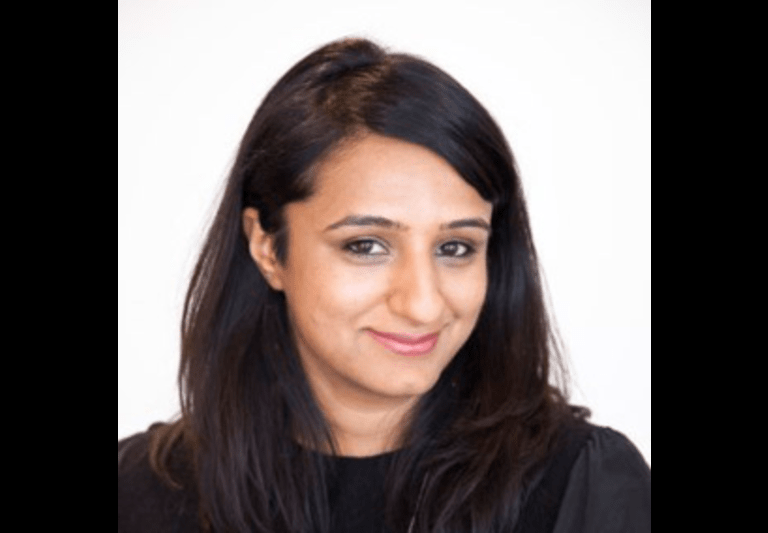
Moizza B Sarwar’s main area of work is social policy, with a focus on the political economy of the design, implementation and delivery of social protection policies and service delivery (in education and health) for vulnerable populations in low- and middle-income countries.
Moizza has over 11 years of experience in managing, undertaking and publishing cutting-edge qualitative research projects. Most recently, she has been working on research to advance the ‘leave no one behind’ agenda, by evaluating national policy systems and programmes on their sensitivity to marginalised populations in Pakistan, Nepal, Philippines, Kenya, Ghana, South Africa and Lesotho. Her research data is gathered through in-depth fieldwork and in-country focus group discussions with vulnerable populations in rural, peri-urban and urban settings and carrying out elite interviews with key politicians and civil servants as well as analysis of secondary quantitative and qualitative data. Moizza holds a PhD in Social Policy from the University of Oxford.

Dr Smith is currently a post-doctoral fellow at the Dartmouth Political Economy Project (PEP). He is also working as an Assistant Professor at the University of Maryland. Previously, Dr Smith has worked with the Center for Economic Research in Pakistan (CERP).
His research interests are in development, economic history, and political economy. Dr Smith’s primary work studies the impact of climate change on the labour markets. Moreover, his working paper focuses on land concentration and long-run development in the frontier United States.
Dr Smith completed his PhD in Economics from the Massachusetts Institute of Technology (MIT). He also received his bachelor’s degree in economics from the Massachusetts Institute of Technology (MIT). In 2014, Dr Smith was awarded the Graduate Research Fellowship by the National Science Foundation.
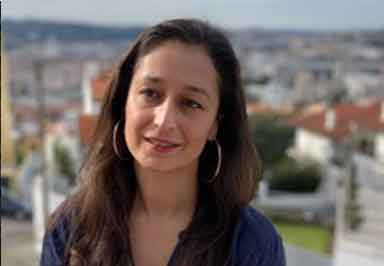
Dr. Shandana Khan Mohmand is Research Fellow in the Governance cluster at the Institute of Development Studies (IDS) at the University of Sussex.
She has over 18 years of experience teaching undergraduate, graduate, and professional training courses.
As a social scientist, her research has increasingly focused on the relationship between political participation, inequality and accountability and her research interests include democratisation, local politics, and the political economy of public policy and service delivery.
She has a D.Phil in Development Studies and a Masters in Governance and Development from IDS, University of Sussex. She also holds a Masters in Sustainable International Development from Brandeis University (USA) and a BA in Political Science and Economics from McGill University (Canada).

‘Dr. Sameen A. Mohsin Ali completed her PhD in Politics from SOAS University of London in 2018. Her doctoral thesis, “Staffing the State: The Politicisation of Bureaucratic Appointments in Pakistan”, explores the use of bureaucratic appointments by both politicians and bureaucrats to achieve particular outcomes. Sameen’s teaching and research interests include bureaucratic and party politics and public health governance. She is currently working on a project, “Understanding Pakistan’s Immunization Problem: A transactional approach”, with Dr Samia W. Altaf, funded by the Shahid Hussain Foundation’s Public Health Research Grant 2018-19 and 2019-20, and the Faculty Initiative Fund 2020-21.
Sameen is a faculty lead at the Technology for People Initiative (TPI), a non-profit applied research centre based at LUMS.
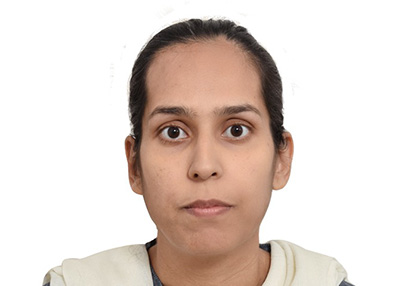
Dr. Fatima Mustafa is an Assistant Professor at the Mushtaq Gurmani School of Humanities and Social Sciences. She completed her PhD from the Department of Political Science at Boston University in 2018. Her dissertation relies on the Pakistan Institute of Peace Studies (PIPS) dataset to study the relationship between the use of communication technology and violence. Before joining LUMS, she taught a course for a semester at Boston University. She also taught at LUMS as a Teaching Fellow for several semesters. In the past, she has served as a Carnegie Fellow at the New America Foundation in Washington DC.
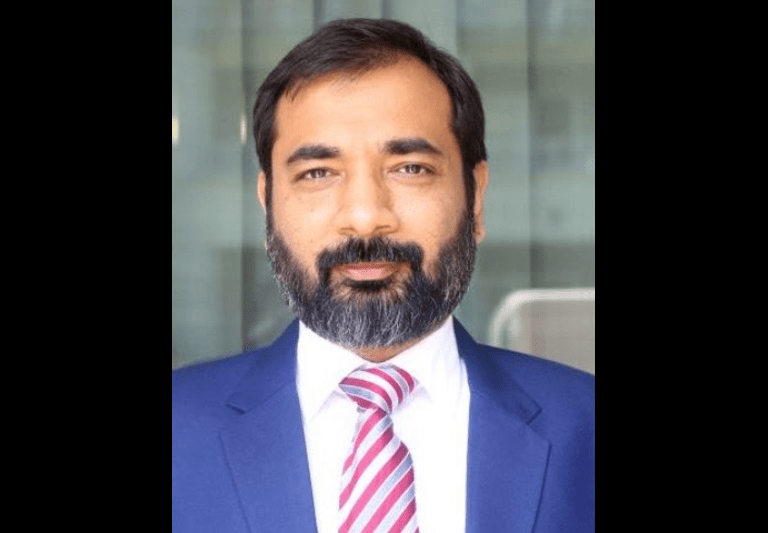
Muhammad Yasir Khan an Assistant Professor at the Department of Economics at the University of Pittsburgh. His research lies at the intersection of development economics, behavioral economics, and political economy.
Dr. Khan received his Ph.D. from the University of California Berkeley’s Haas School of Business.
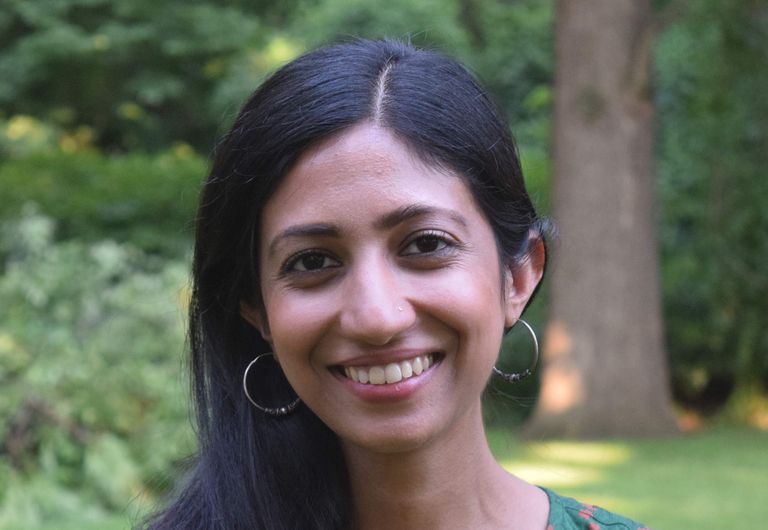
Dr. Sarah Khan is Assistant Professor of Political Science at Yale University, where she is also affiliated with the South Asian Studies Council and the Women, Gender and Sexuality Studies Council. Her research interests are in gender and comparative politics, with a regional specialization in South Asia. In her work, she uses surveys and field experiments to study gender gaps in political preferences, patterns of preference expression, and the barriers to women’s political participation and representation. In another strand of research, she explores questions related to the prevention of violence against women. She received her Ph.D. in Political Science from Columbia University in 2019, and was previously a doctoral candidate fellow at the Center for Global Development and visiting scholar at the John Hopkins School of Advanced International Studies. She is a member of the Evidence in Governance and Politics (EGAP) and the Empirical Study of Gender (EGEN) research networks, and an Associate Fellow at the Institute of Development and Economic Alternatives (IDEAS).
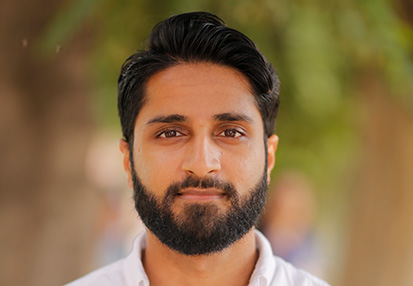
Noaman’s research concerns the political sociology of political and economic development. His research has examined rural class struggle and subnational state formation in Pakistan, which he studied through a case study of the Frontier peasant movement in the former North-West Frontier Province led by the Mazdoor Kisan Party in the 1970s. His work is interdisciplinary, bringing a historical and ethnographic sensibility to the study of political science. More broadly he is interested in social movements, rural politics, state and non-state power, agrarian and industrial policy, developmental states, and political economy in general.
Noaman’s research has been published in the Journal of Agrarian Change and Rethinking Marxism, and he has also written for Tanqeed. He is currently working on a book manuscript based on his dissertation research.
Sabrin Beg is an Assistant Professor of Economics at the Lerner College of Business and Economics of the University of Delaware. Beg has a Ph.D. in Economics from Yale University, with a primary area of expertise in development, economic history, political economy, and applied microeconomics. Beg is currently working on projects in the above fields in Pakistan, Bangladesh, Ghana, and India. Recent work by Beg attempts to understand the process of structural change in developing economies, with a focus on property rights, gender, and human capital.
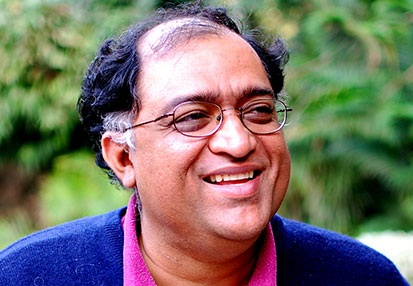
Ali Cheema serves as the Director of the Mahbub Ul Haq Research centre, and is an Associate Professor of Economics at the Mushtaq Ahmad Gurmani School of Humanities and Social Sciences, LUMS. Cheema is also a Senior Research Fellow at IDEAS Pakistan, co-founder of the centre for Economic Research in Pakistan (CERP), and a co-lead academic of the International Growth centre’s Pakistan programme. He is a member of the Board of Trustees of the Institute of Development Studies, Sussex and was the Chair of the Economics Department at LUMS from 2004-2010. He was also a founding member of the Stockholm Challenge Award winning portal, Relief Information System for Earthquakes, Pakistan (RISEPAK).
His areas of research include economic development with a focus on human capital, inclusion and economic mobility, gender, public economics, comparative politics, economic history, and the economics of crime. His research combines extensive mixed-methods fieldwork, historical archival research, rigorous empirical analysis, and theory to offer insights into how political economy and historical foundations shape economic and political development. He holds a Ph.D. in Economics from Cambridge, an MPhil in Economics and Politics from Cambridge, a BA (Hons.) in Philosophy, Politics, and Economics (PPE) from Oxford where he was a Rhodes Scholar, and a BA in Mathematics and Statistics from Government College, Lahore. He was a visiting Fulbright and SAI Scholar at Harvard Kennedy School from 2010-11.
Dr. Ali Cheema is part of the board of directors for the State Bank of Pakistan since July 2022.
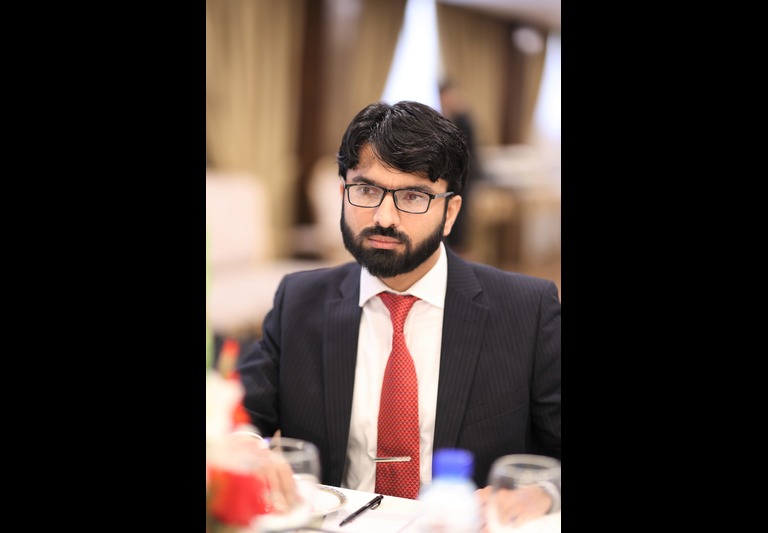
Usama Khawar currently serves as the Assistant Advocate General, Punjab at the Office of Advocate General Punjab, where he contributes to legal advocacy and policy formulation. In addition, he holds the role of adjunct faculty at the Shaikh Ahmad Hassan School of Law (SAHSOL) at LUMS, teaching courses on constitutional law and policy.
With a multifaceted approach to legal advocacy, Usama has demonstrated a profound interest in labor law and policy. His extensive litigation and advocacy efforts before the Supreme Court of Pakistan have led to significant advancements in the field of occupational safety and health (OSH), especially in the Punjab. Notably, his contributions played a pivotal role in the formulation of a comprehensive law on occupational safety and health in the province. As a testament to his expertise in this area, Usama authored a comprehensive report on OSH, published by the Human Rights Commission of Pakistan (HRCP).
In addition to his work in labor law and policy, Usama has been actively involved in advising the Punjab Government and Provincial Assembly on matters related to Local Government Law and Prison Reforms. He has been appointed to official committees constituted by the Punjab Government, where his insights and recommendations have informed key policy decisions.
Usama's research interests extend beyond labor law to encompass justice system reforms, policing, and local governance. He is a regular contributor to DAWN, a leading national newspaper, where he shares his insights on legal and policy matters. Additionally, Usama frequently appears on television programs to discuss pertinent issues related to law and policy, further amplifying his impact on public discourse.
Educationally, Usama holds a Master's degree from Columbia University, where he specialized in constitutional law. He further enriched his academic pursuits by obtaining another Master's degree from Central European University in Comparative Constitutional Law, solidifying his expertise in legal and policy domains.
In his capacity as a legal professional, Usama has actively championed the cause of local governments in Pakistan for over six years, engaging in litigation, organizational endeavors, and the creation of a groundbreaking course on Local Governments in Pakistan. His multifaceted contributions reflect his unwavering dedication to advancing democratic principles, social justice, and labor rights in the country.
Postal Address
LUMS
Sector U, DHA
Lahore Cantt, 54792, Pakistan
Office Hours
Mon. to Fri., 8:30 a.m. to 5:00 p.m.

